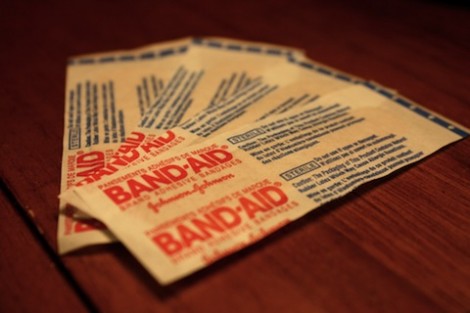
President Barack Obama signed the Health Care and Education Reconciliation Act last Tuesday, ending a year-long debate over one of the most significant pieces of social legislation in decades.
“We are a nation that does what is hard, what is necessary, what is right,” the President declared after signing the first stage of the bill last week, which was passed in the House, 219-212, and in the Senate, 56-43.
This is a win for Democrats, who had previously worried that the health care bill could not pass after Massachusetts elected Republican Scott Brown to replace the late Ted Kennedy in a special Senate election, breaking the Democrats’ supermajority.
The bill will extend health insurance coverage to 32 million Americans who are currently uninsured, according to the nonpartisan Congressional Budget Office.
The health care bill will also expand Medicare, a federal health insurance program that helps seniors and the disabled. Seniors who had previously been in the so-called Medicare “donut hole”, a coverage gap for prescription drugs, will receive $250 to help pay for prescriptions and a 50% discount on brand name drugs starting in 2011.
The federal insurance program called Medicaid, which provides health care to people to cannot afford medical insurance, has now been extended to include any families of four that earn 133% of the federal poverty level, and starting in 2014, childless adults. Illegal immigrants will not be eligible for this coverage.
You can’t live life freely without medical care, and so many people can’t afford it.
– Elle Bacon, junior
In six months, the health care bill will also forbid insurance companies from denying coverage to children with pre-existing conditions and, starting in 2014, the act will forbid insurance companies from denying coverage for anyone with pre-existing conditions. All children will also be allowed to remain on their parents’ insurance plans up until they turn 26 years old.
With the exception of low-income Americans, all citizens will be required to purchase health insurance, starting in 2014, or pay a fine.
However, this extended coverage comes with a price tag. It will cost the nation roughly $940 billion dollars, and households earning more than $250,000 will be paying for a large amount of the bill through increased payroll taxes.
However, the Congressional Budget Office estimates that the health care bill will reduce the deficit by around $138 billion dollars in the first ten years after enactment, due to new taxes and increased efficiency, and $1.2 trillion dollars in its second decade.
[adrotate group=”2″]
Republicans argue that the reforms could hurt the economy.
“Everyone agrees that all Americans deserve access to affordable health care,” said Representative John A Boehner of Ohio, the Republican Leader in the House of Representatives, “But is increasing taxes during an economic recession, especially on small businesses, the right way to accomplish that goal?”
Some critics also say that the new 3.8 percent payroll tax could hurt the economy as the tax increase could lead to a decrease in spending.
“It’s going to put the burden of payment on the shoulders of only a select few who are ‘rich’ and those people are going to be taxed more in order to pay for it,” said Kep Edwards, a junior, “Although it sounds nice to [give everyone health insurance], the last thing we need right now is the economy taking any more damage.”
“My main concern is that the people who work hard for their money will have to pay for those who don’t work hard and just expect the government to give them aid,” said Liz Doyon, a senior. “That money is coming out of taxpayers’ wallets. I don’t agree with this because – sure there are plenty of people who work hard their whole life and still cannot afford the best health care, and those people deserve some help – but to think that the people who earn more will be paying for other people without the option of agreeing or disagreeing to do so, it’s not right.”
Elle Bacon, another junior, disagrees. “Honestly, I’m happy that there’s near-universal health care,” she said. “You can’t live life freely without medical care, and so many people can’t afford it.”
Though debate continues, the legislation is certainly one for the history books. As Democratic Senator Max Baucus said, “Now it is a fact. Now it is a law. Now it is history.”
Wayland reacts to health care reform
This Tuesday, March 30th, President Barack Obama signed the Health Care and Education Reconciliation Act, ending a contentious year-long debate over one of the most significant pieces of social legislation in decades.
“We are a nation that does what is hard, what is necessary, what is right,” the president declared after signing the first stage of the bill last week, passed by the House 219-212 and in the Senate 56-43.
This is a win for Democrats, who had previously worried that the health care bill could not pass after Massachusetts elected Republican Scott Brown in a special Senate election, breaking the Democrats’ supermajority.
The bill will extend health insurance coverage to 32 million Americans who are currently uninsured, according to the nonpartisan Congressional Budget Office.
The health care bill expands Medicare, a federal health insurance program that helps seniors and the disabled. Seniors who had previously been in the Medicare “donut hole”, a coverage gap for prescription drugs, will receive $250 to help pay for prescriptions and a 50% discount on brand name drugs starting in 2011.
The federal insurance program called Medicaid, which provides health care to people to cannot afford medical insurance, has now been extended to include any families of four that earn 133% of the federal poverty level, and starting in 2014, childless adults. Illegal immigrants will not be eligible for this coverage.
In six months, the health care bill will also forbid insurance companies from denying coverage to children with pre-existing conditions and, starting in 2014, the act will forbid insurance companies from denying coverage for anyone with pre-existing conditions. All children will also be allowed to remain on their parents’ insurance plans up until they turn 26 years old.
With the exception of those with low income, all American citizens will be required to purchase health insurance, starting in 2014, or pay a fine.
However, this extended coverage comes with a price tag. It will cost the nation roughly $940 billion dollars, and households earning more than $250,000 will be paying for a large amount of the bill through increased payroll taxes.
However, the Congressional Budget Office estimates that the health care bill will reduce the deficit by around $138 billion dollars in the first ten years after enactment, due to new taxes and increased efficiency, and $1.2 trillion dollars in its second decade.
Republicans argue that the reforms could hurt the economy.
“Everyone agrees that all Americans deserve access to affordable health care,” said Representative John A Boehner of Ohio, the Republican Leader in the House of Representatives, “but is increasing taxes during an economic recession, especially on small businesses, the right way to accomplish that goal?”
Some critics also say that the new 3.8 percent payroll tax could hurt the economy as the tax increase could lead to a decrease in spending.
“It’s going to put the burden of payment on the shoulders of only a select few who are ‘rich’ and those people are going to be taxed more in order to pay for it”, says Kep Edwards, a junior, “Although it sounds nice to [give everyone health insurance], the last thing we need right now is the economy taking any more damage.”
Elle Bacon, another junior, disagrees. “Honestly, I’m happy that there’s near-universal health care,” she says. “You can’t live life freely without medical care and so many people can’t afford it.”
Liz Doyon, a senior at Wayland High School, is worried about the economy, like Kep . “My main concern is that the people who work hard for their money will have to pay for those who don’t work hard and just expect the government to give them aid,” she says, “that money is coming out of taxpayer’s wallets. I don’t agree with this because – sure there are plenty of people who work hard their whole life and still can not afford the best health care and those people deserve some help – but to think that the people who earn more will be paying for other people without the option of agreeing or disagreeing to do so, it’s not right.”
While debate continues, the legislation is certainly one for the history books. As Democratic Senator Max Baucus said, “Now it is a fact. Now it is a law. Now it is history.”

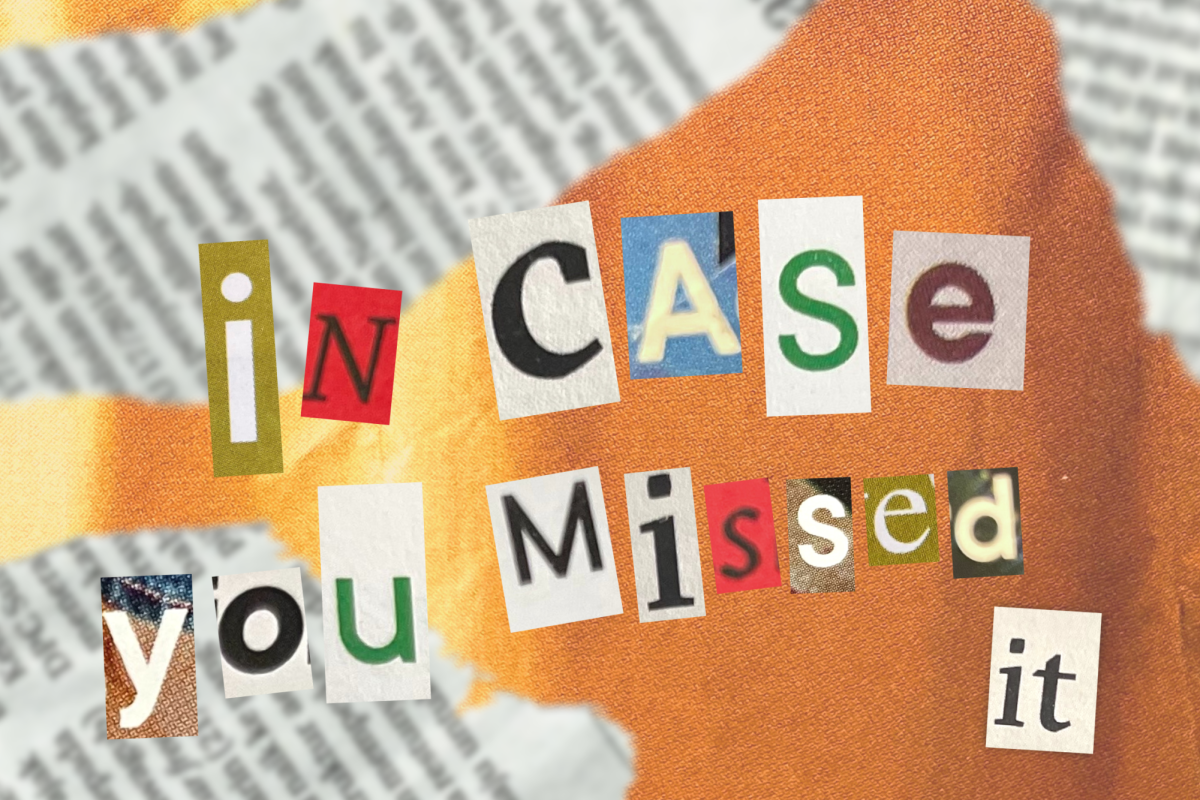









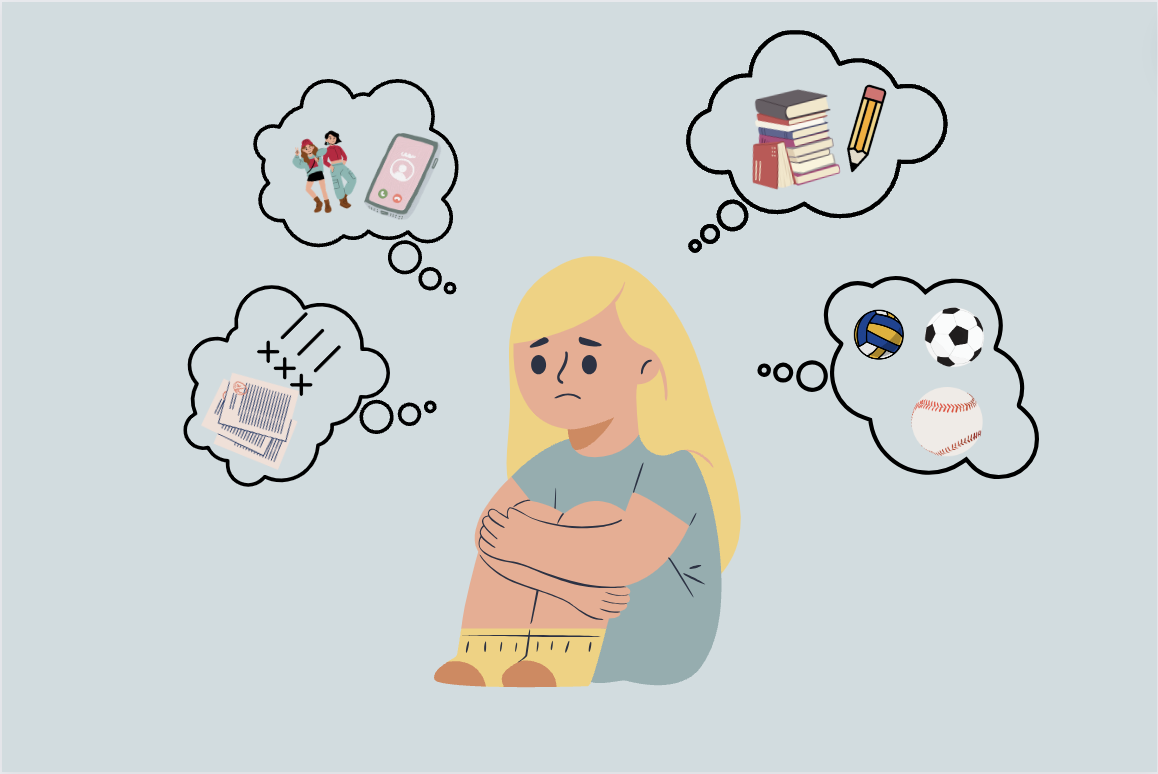
![WSPN’s Annika Martins and Maddie Zajac explore the athletic life of senior Annabelle Zhang through her badminton career. “This [photo] is me and my former partner after we won the 2022 junior nationals mixed doubles category,” Zhang said.](https://waylandstudentpress.com/wp-content/uploads/2024/04/IMG_6629-1200x900.jpg)







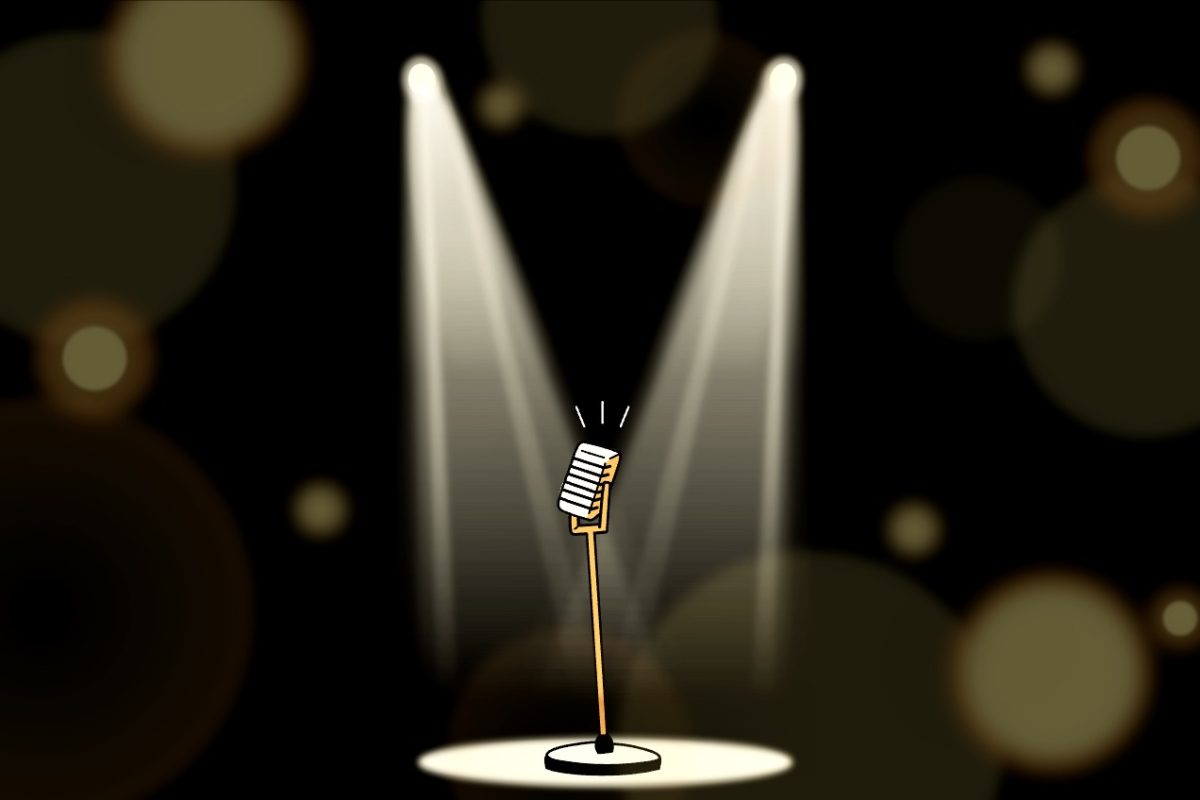




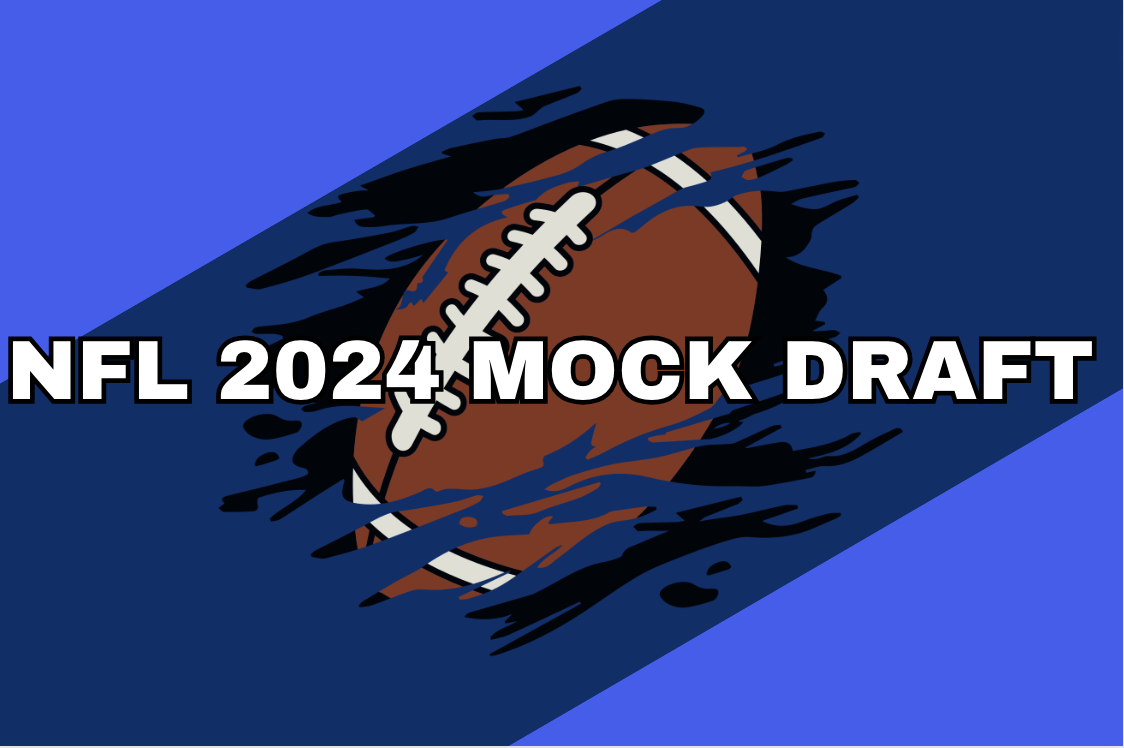













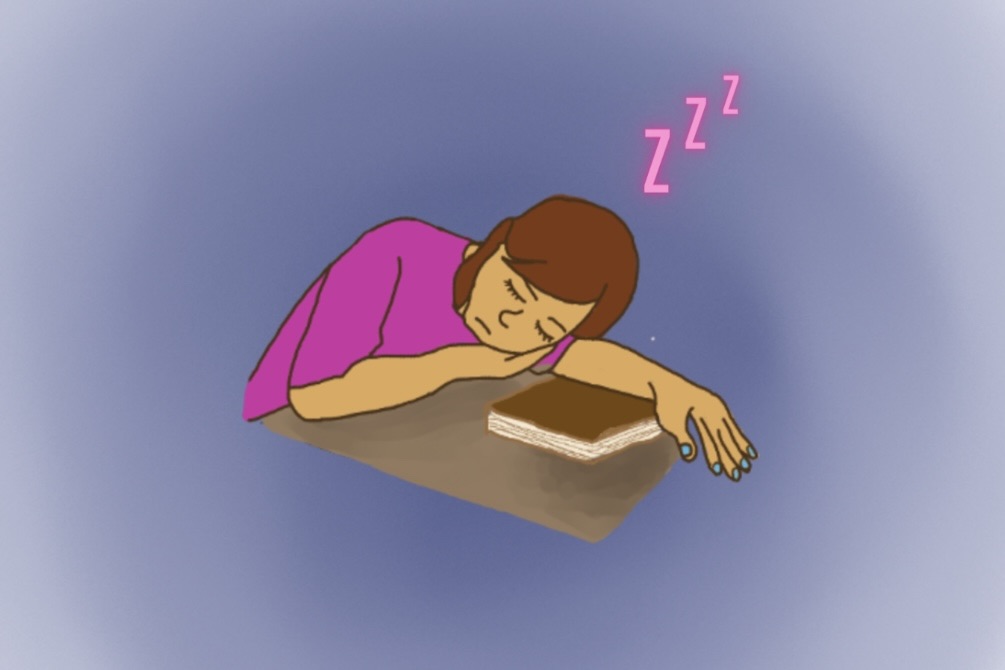

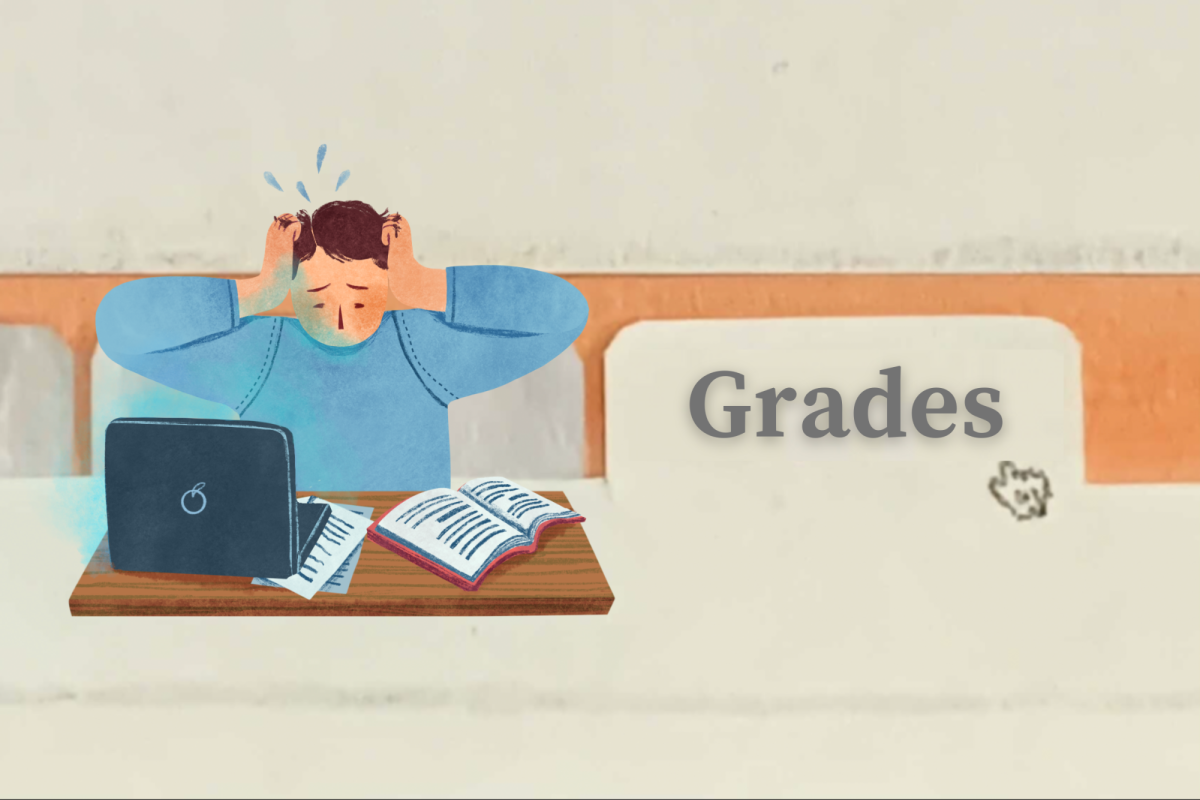

























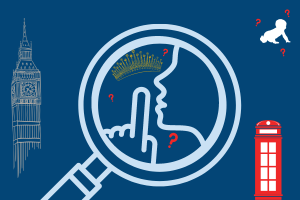










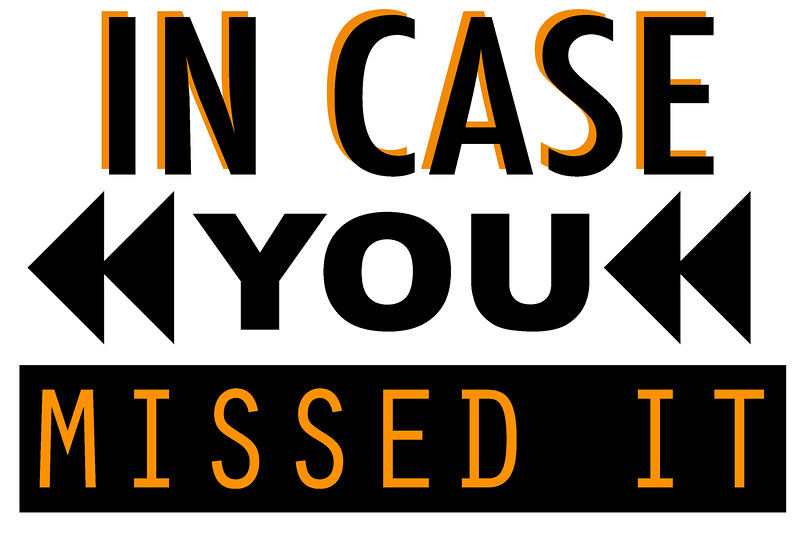





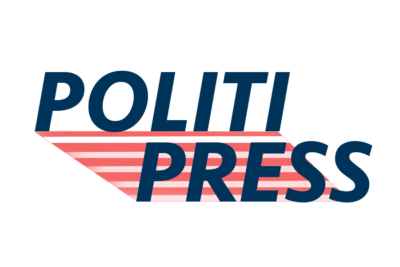
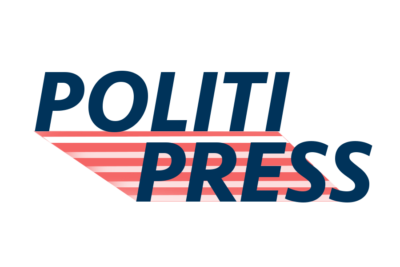


asdf2 • Dec 3, 2010 at 5:57 PM
I agree. This is a terrible bill.
Heather S. Ryan • Apr 14, 2010 at 3:54 PM
I've been involved in health care for many years and have followed this story carefully for many, many years. This is one of the better summaries of what happened and will be happening that I have seen! Excellent job on this article.
Enraged Student • Apr 5, 2010 at 6:20 PM
This is a terrible bill for Wayland Residents. The majority of us already have health care and this bill would just increase our taxes, make us suffer through more crowded hospitals, and longer wait times to see doctors just so some of the poorer people of this country can get health care. It's their own fault that they don't have the money to pay for health care. This burden shouldn't be put on us! Of course the politicians don't care, all of the, have private doctors or priority treatment at hospitals and won't have to suffer the setbacks this bill will create